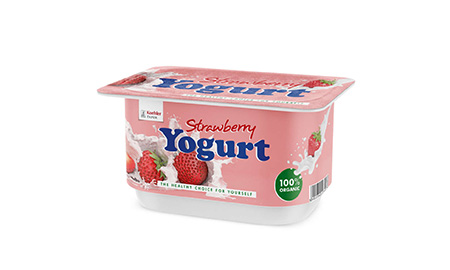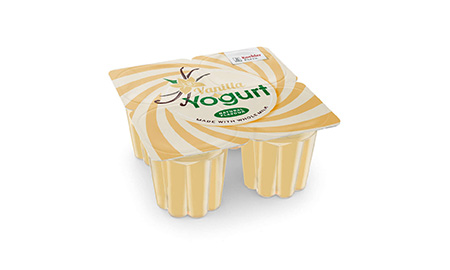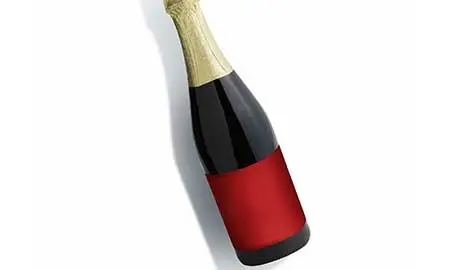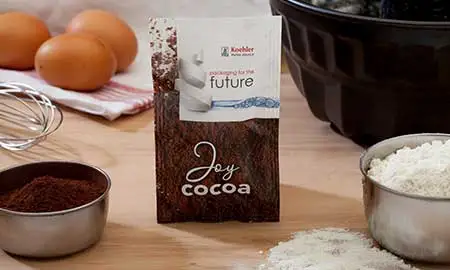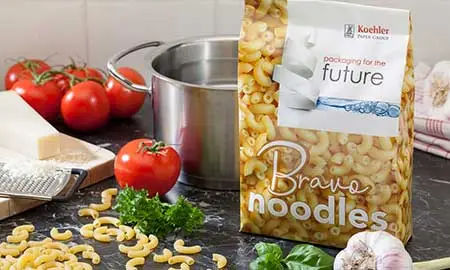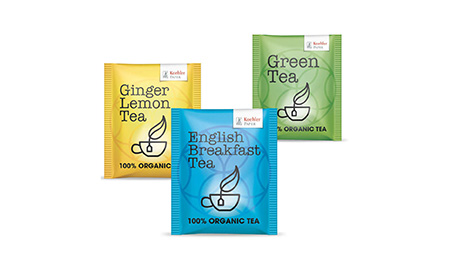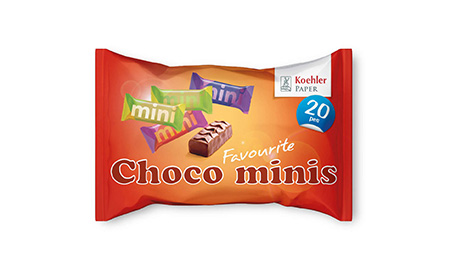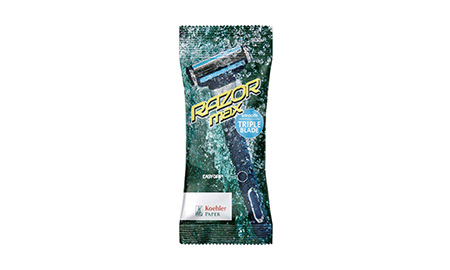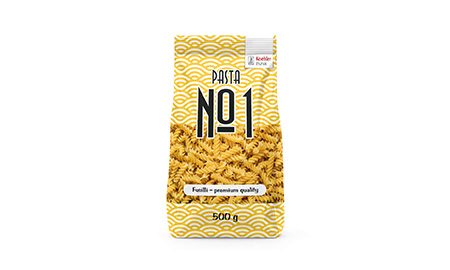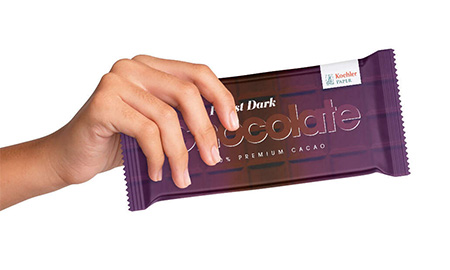IMPORTED PAPERBOARDS & PAPERS
Flexible Packaging
Papers being used for flexible packaging application is not a new concept as traditionally it was paper that was the primary packaging medium. As consumers demands for packaging grew, plastic replaced paper where higher shelf life and cheaper cost was required.
Now, using paper for flexible packaging is become increasingly popular as businesses and consumers seek more sustainable and environmentally friendly alternatives to traditional plastic packaging. Paper-based flexible packaging offers several advantages, such as being recyclable and compostable, making it a more eco-friendly option. Many consumers prefer products with eco-friendly packaging, and using paper can enhance a brand's reputation as being environmentally conscious.
As consumers' demands for sustainable packaging continue to grow, businesses and manufacturers are exploring various materials and solutions to meet these needs, with paper-based flexible packaging being an increasingly attractive option.
Frequently Asked Questions
Paper for flexible packaging applications is where paper is used instead of films and foils for traditional packaging applications where the package shape can readily be changed when filled or during use such as soup powder packaging, sweets or chocolate bags and many more.
The advantages of using paper for flexible packaging are mainly which concern the environment. Paper is a biodegradable and natural substance which is a good substitute to plastic for flexible packaging applications. We also have solutions where paper can replace the use of plastic altogether when extremely high barrier properties are not required.
Paper in flexible packaging can be used as a part of a laminate with films or as a mono material pouch or wrap.
Paper is a more superior material than plastic due to its properties like biodegradability, even with certain barrier coatings, paper is 100% recyclable. While plastic on the other hand, can take anywhere between 20 - 500 years to degrade.
Our Flexible Packaging papers from Koehler Paper Group are also available with barriers such as heat sealability, grease resistance, moisture and aroma barrier. This helps to ensure product freshness and protection but we always recommend conducting a trial at your end.
Papers for Flexible Packaging can be recycled in the existing paper stream. We also do have certifications from various bodies in Europe that guarantee the recyclability of our papers from Koehler Paper Group, Germany.
Read More


